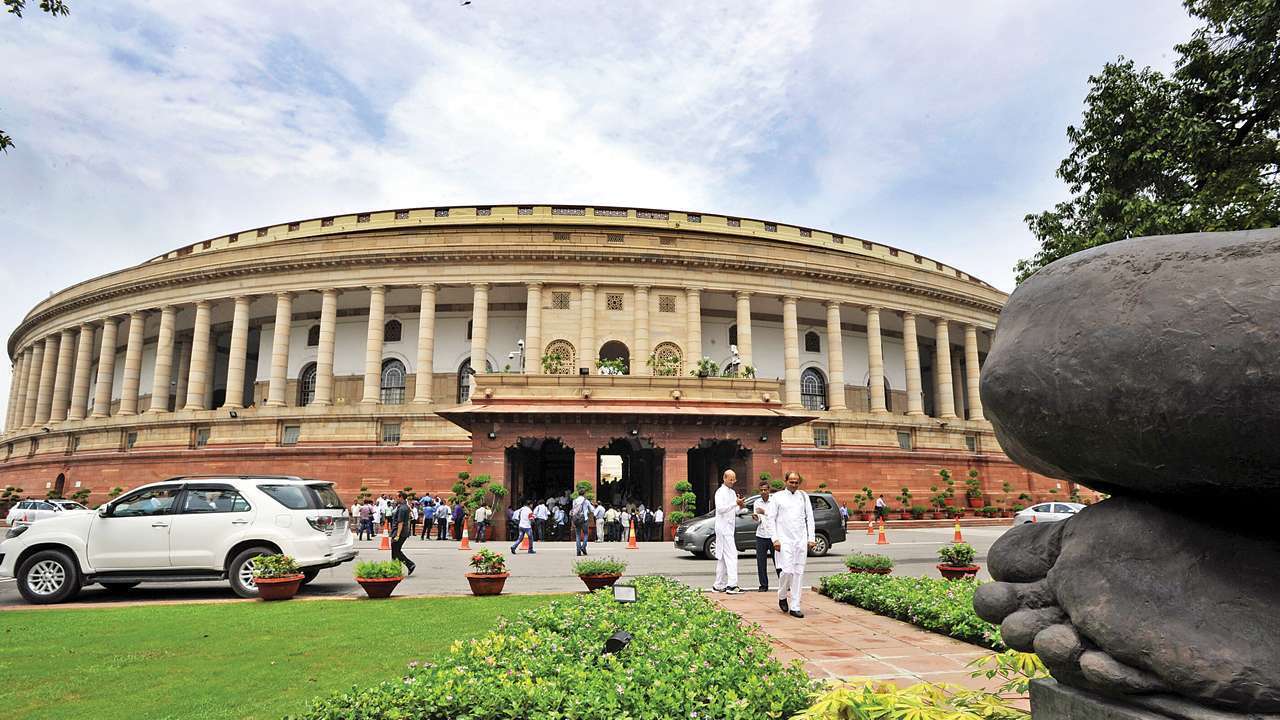- People closely following the current affairs of the country would have noticed a palpable tension between the two crucial arms of the Constitution viz. the executive and the judiciary over the last few months. Intriguingly, Constitutional heads like the Vice President and the Lok Sabha Speaker too have waded into the simmering issue recently by suggesting certain changes to the judiciary. Especially, the higher judiciary’s appointment process which is in the news of late. Yes, we know that judicial appointments at all levels have huge vacancies leading to friction between the government and the judiciary. The humongous amount of backlog of cases at various courts around the country is a matter of grave concern. Inadequate judicial officers only add to the lag.

PC: DNA Web Team
- The Union Law Minister has made several statements in the recent past questioning the process of judges appointing judges courtesy of the collegium system. Now, the Union Law Minister has written a letter to the Chief Justice of India seeking representation for the Union Government in the collegium, and consultations with states, signaling another front being opened in the Centre-Supreme Court standoff. As you are aware, the collegium system is the outcome of the Third Judges Case of 1998, which envisioned procedures for the appointment of SC and high court judges. Subsequently, a Memorandum of Procedure (MoP) was finalized following consultations between the Centre and SC. The only way Union Government’s new proposal can be implemented is if SC agrees to revisit the Second and Third Judges Cases.
- Make no mistake, this is a bad idea as it is Parliament that must do the law-making, not the judiciary. Indeed, making Parliament into a bystander while the executive proposes and the judiciary decides how to frame the law is bad form. The majority of the citizens have voiced their opinion about the National Judicial Appointments Commission by strongly believing it deserves another look. The constitution bench that scrapped NJAC did so without having the benefit of seeing it work. For reasons best known to them, surprisingly, the successive Union Government hasn’t made another attempt to re-enact NJAC. Perhaps, SC can be persuaded this time to watch NJAC at work before inevitable legal challenges to it are taken up.

PC: Sneha Mahawar
- Mind you, such wait-and-watch has been the SC modus operandi to challenges against measures like demonetization, electoral bonds, Article 370, and CAA, etc. For the uninitiated, an alternative course is to revise the MoP as directed by the five-judge NJAC bench in a subsequent order. This order laid special emphasis on making the collegium more transparent through appropriate revisions to the MoP through recording minutes of collegium discussions including dissension, setting up secretariats for each HC and SC for better management of the process, clear eligibility criteria for appointment to HCs and SC, and a mechanism to deal with complaints against judgeship candidates. This is the best way to clear the current standoff.





